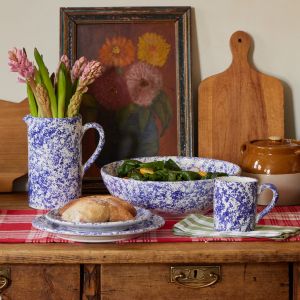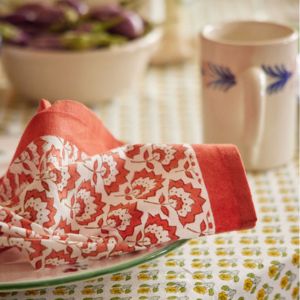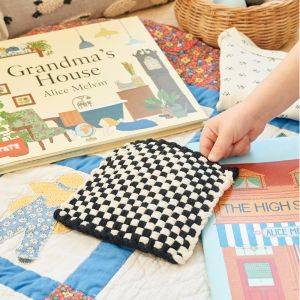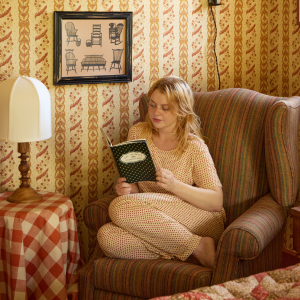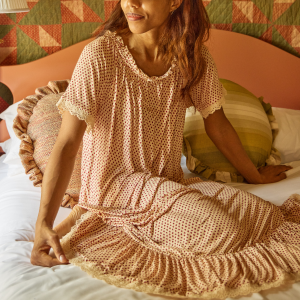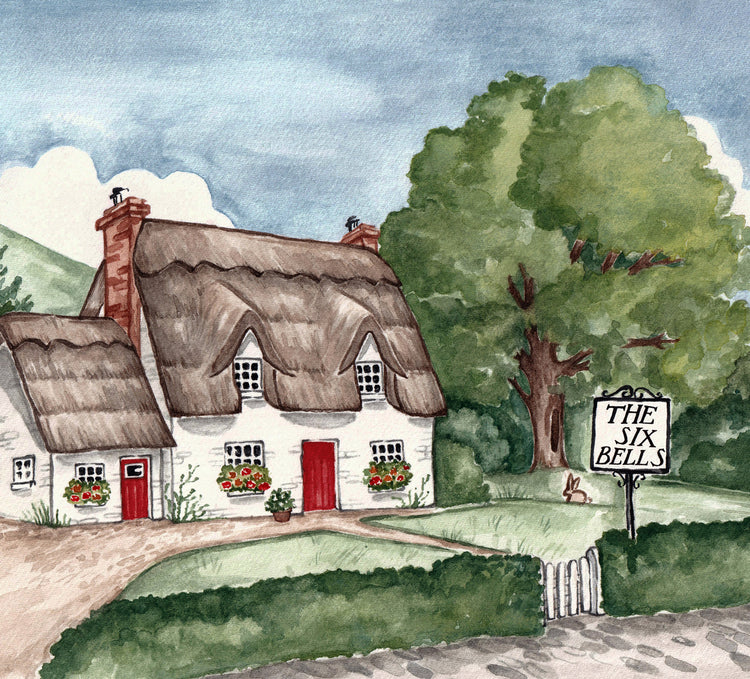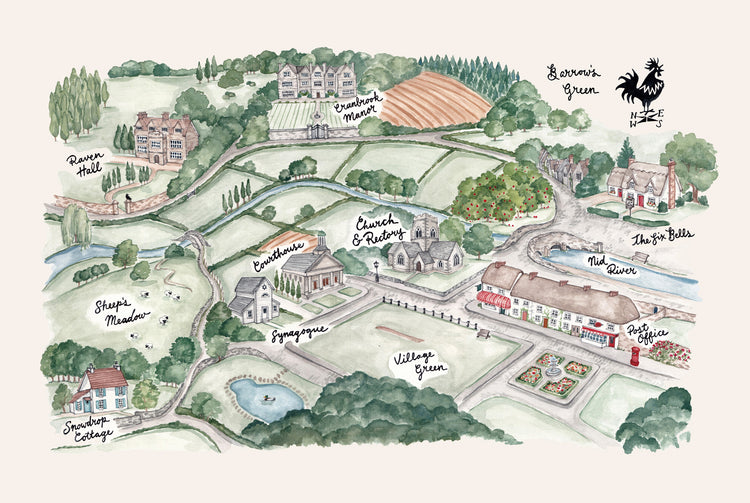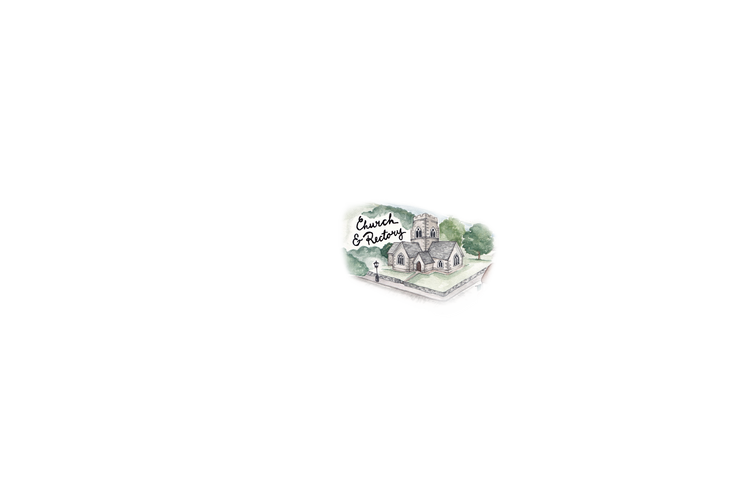The Six Bells takes its inspiration from a tiny shop located in the fictional village of Barrow’s Green– a small civil parish with 640 residents, depending on who is dying and how many babies are being born.
Within the town you will find a manor house, a high street with shops, a meadow where sheep graze, beehive cottages with thatched roofs, a village green which hosts cricket and yearly fetes. It has a weekly newspaper, The Green Evening Chronicle, and a community of unusual characters with interwoven backstories.
• INTRODUCING THE TOWNSPEOPLE OF BARROWS GREEN •
Sylvia Dudley Ward is a lady of the press, the editor of the village newspaper, The Green Evening Chronicle. The paper covers local affairs, including the latest bills before the town council, announcements of new stop signs and roads, the sports pages, and a weekly gossip column. Her dedication to covering every new development in the village and the job of funding the paper through local advertisements keeps her from an active social life. She has received and declined several overtures from the married Lord Henry Ashborne.
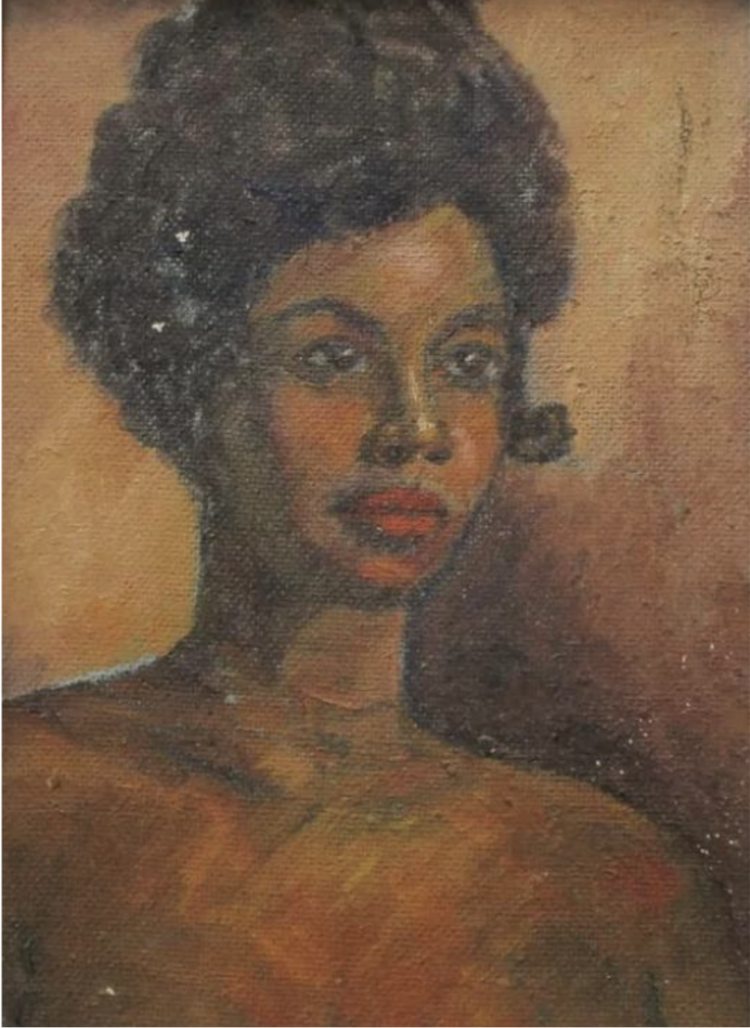

MEET
Ursula Lumley, known as the town gossip, resides in Snowdrop Cottage. A hearty spinster with iron gray hair, Lumley serves in a number of official roles in the village, including judging the annual regional garden competition. She writes a gossip column for The Green Evening Chronicle under the pen name of Cecilia P. Bingham. Her dinner parties are a village tradition that everyone attends reluctantly.
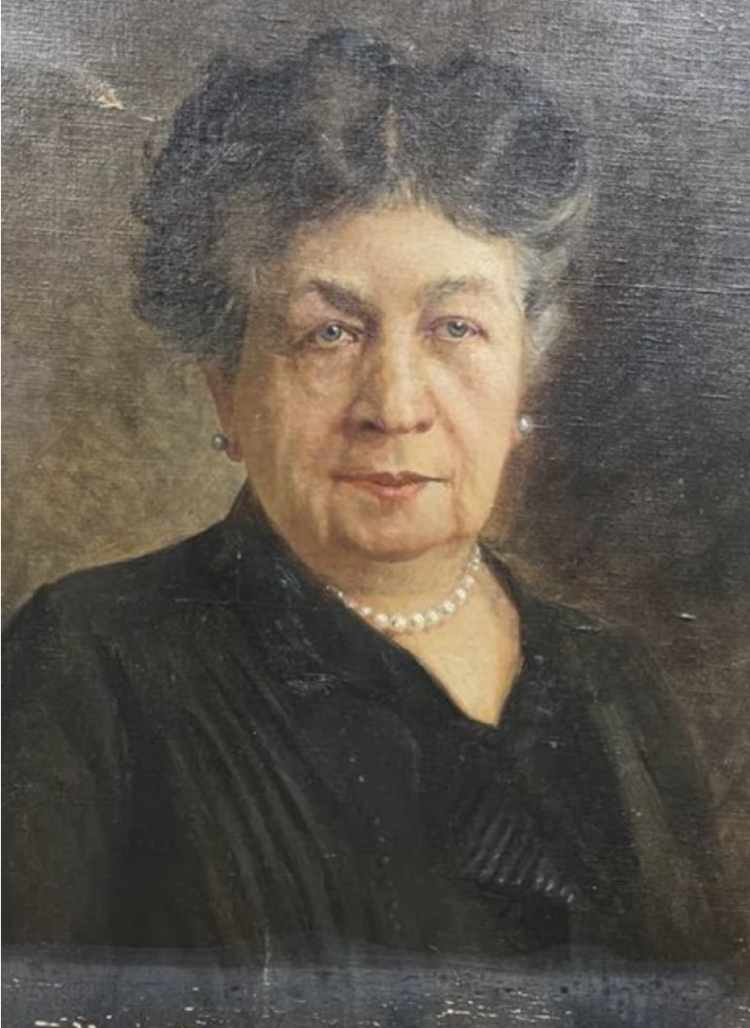

MEET
Ms. Swinborne is a well-known mystery writer who resides in Barrow’s Green and sets many of her books there. She is a keen observer of the villagers and their habits, and can often be seen discreetly taking notes when out in public or in social settings. She spends hours a week responding to fan mail, and often thinks tourists are asking for her autograph when they’re really just asking for directions. There’s talk in the village of her past, specifically of a husband who disappeared mysteriously.
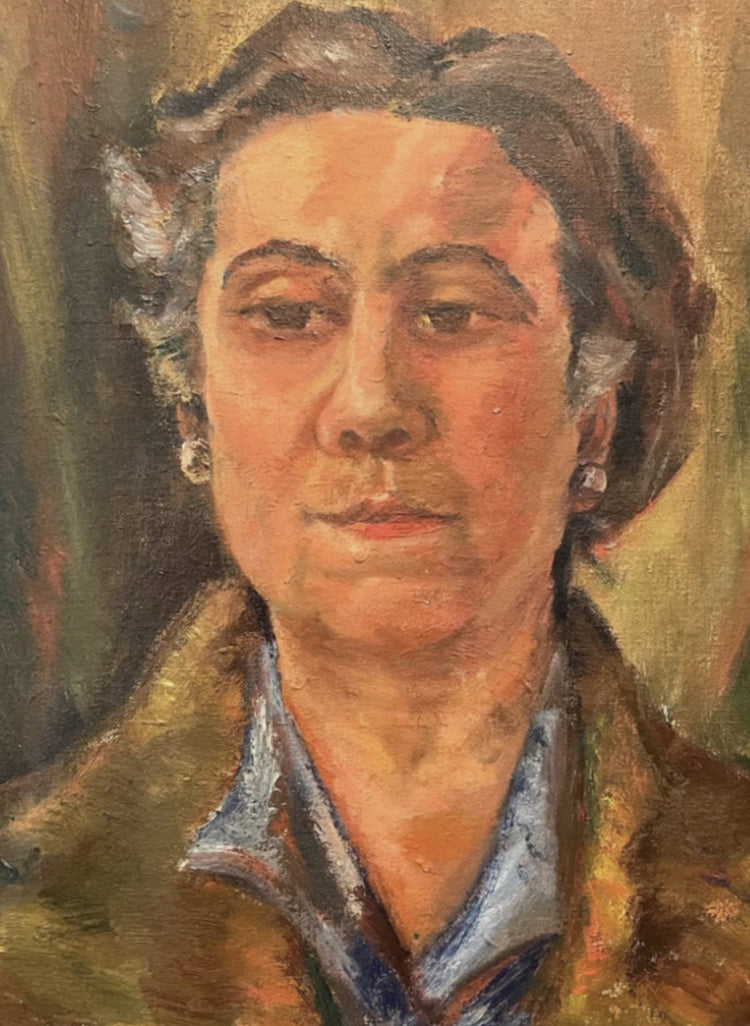

MEET
Cecil Plunkett is businessman and industrialist who makes his home in Barrow’s Green. His fortune comes from a major shipbuilding firm located on The River Brigg, but his newest endeavor is a real estate firm known for building developments throughout rural counties. Plunkett’s next plan is a 500 acre development with over 80 homes of a modern design that will require the bulldozing of the Barrow’s Green sheep meadow. The plan is meeting significant community pushback, and making Plunkett unpopular in the village.
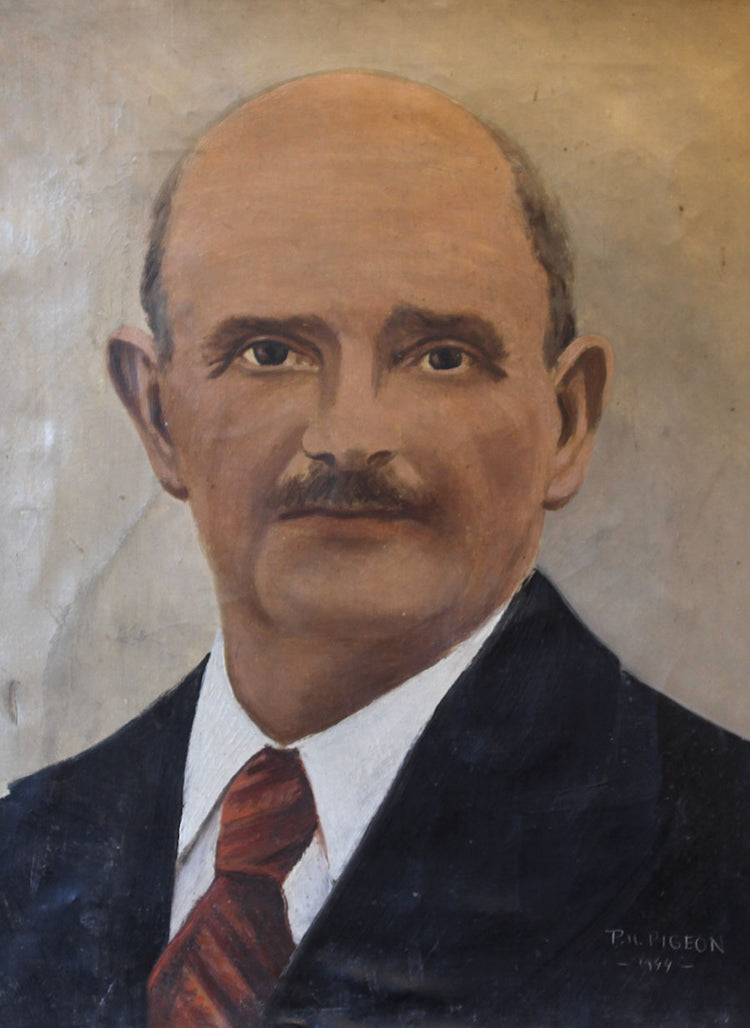

MEET
Son of the 11th Duke of Yarm, Lord Ashborne is member of a peerage family and a former Lieutenant Colonel in the National Expeditionary Force. He spends much of his time focused on the gardens of Cranbrook House, which are opened to the public to defray the costs of upkeep. Despite his stiff military mustache, he is fond of puns and has a weakness for sweets. While married for decades to Lady Pamela Ashborne, he is secretly in love with the young newspaper editor Sylvia Dudley Ward.
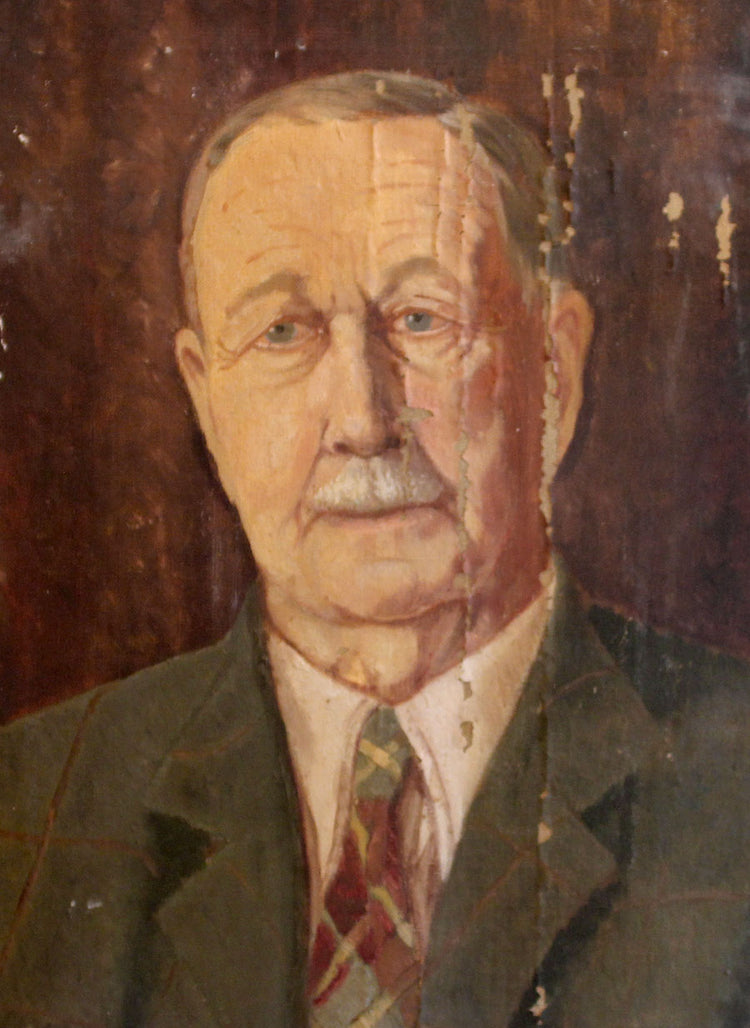

MEET
Lady Ashborne is the wealthy wife of Lord Ashbourne who resides with him at Cranbrook House. She is President of the Ladies Association of Barrow’s Green where she often butts heads with Ursula Lumley over the theme of the annual orphanage charity auction. Lady Ashborne’s dinner parties are elaborate and showcase her extensive collection of hand painted porcelain.
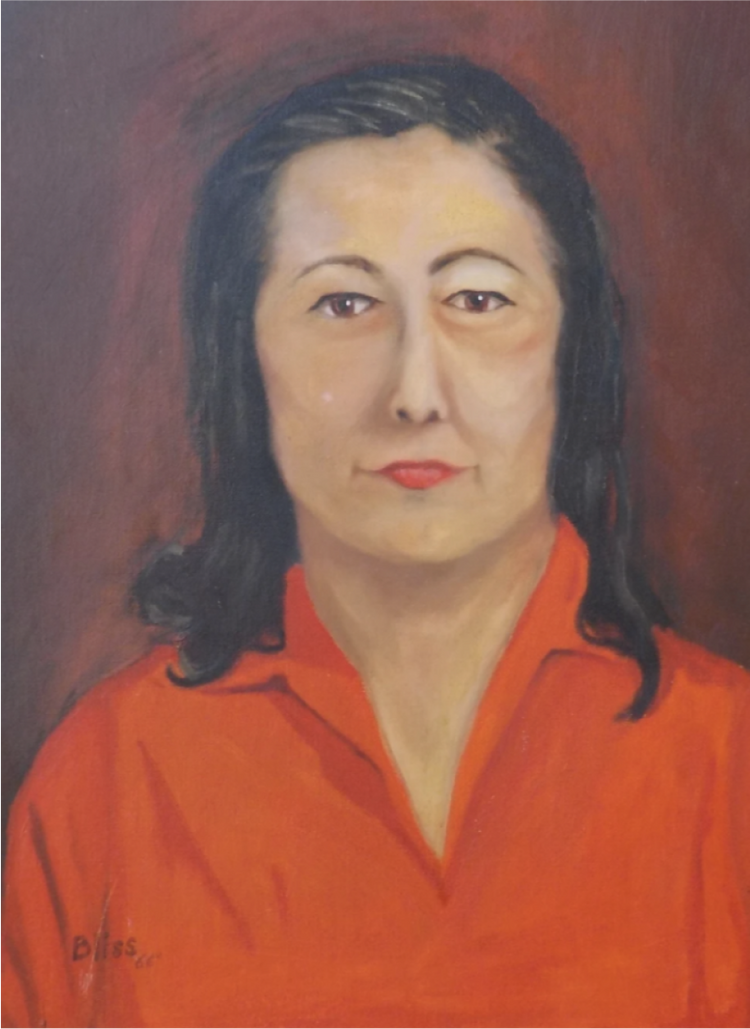

MEET
Ms. Blackwood is a parlour maid at Cranbrook House. She works alongside a large staff that includes valets, footmen, cooks, stablehands and gardeners. The household staff are channels for gossip inside the manor and out, and often submit anonymously to the columnist Cecilia P. Bingham. An orphan, Ms. Blackwood has been on a life-long quest to find her birth mother and father, both of whom she suspects are villagers in Barrow’s Green.
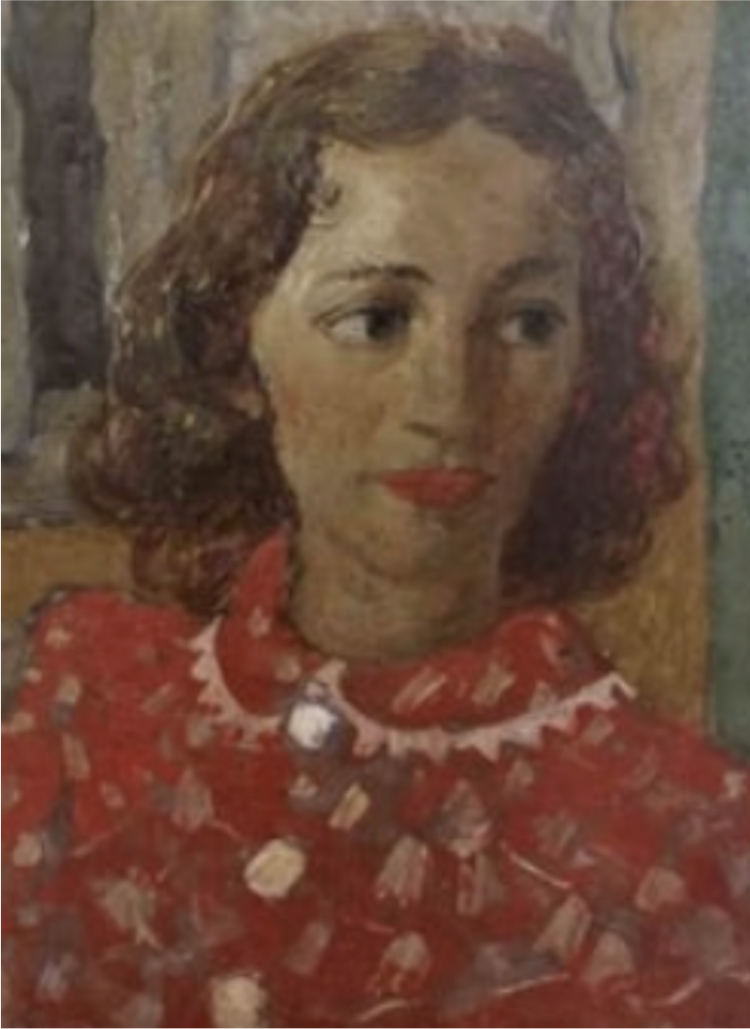

MEET
Sir Frances Clitheroe is the village magistrate, a judge who is responsible for keeping the peace and fielding noise complaints, traffic offenses and applications for pub licenses. A man of about sixty, he is scholarly and contemplative, and can be found smoking a Tyrolean pipe.
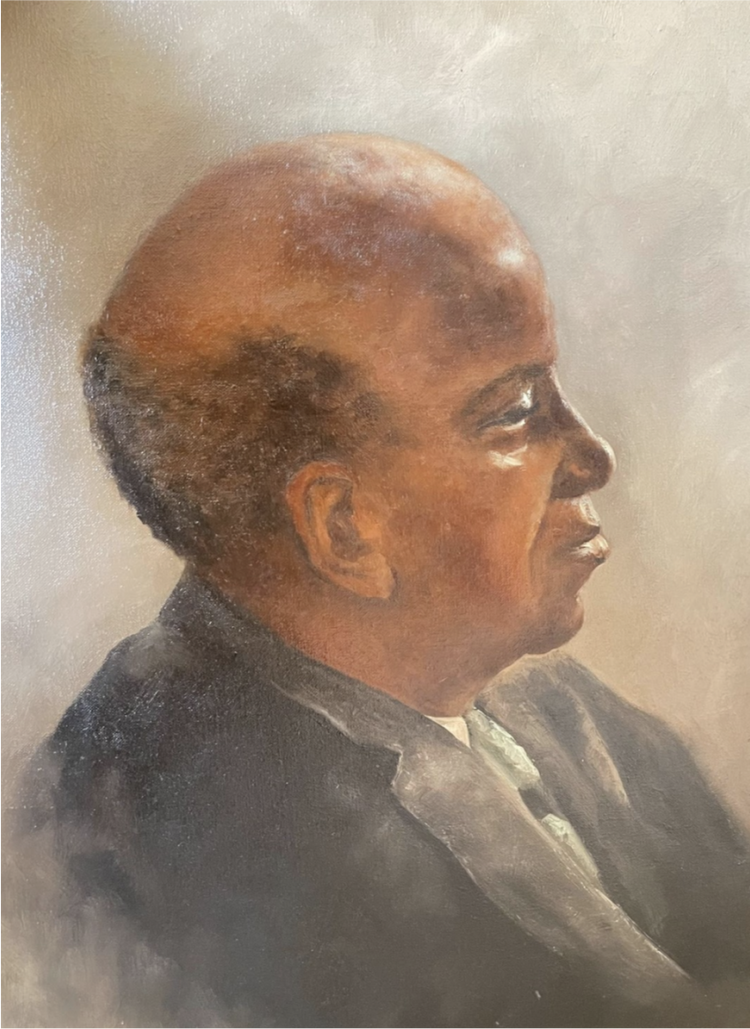

MEET
Rabbi Frumkin Congregation of Barrow’s Green, a small synagogue that serves the small Jewish community in the village. The temple had fallen into an increasing state of disrepair for decades until Rabbi Frumkin intervened to save the synagogue, which he calls a national asset. He often joins with the town’s Vicar for interdenominational services, and enjoys watching cricket.
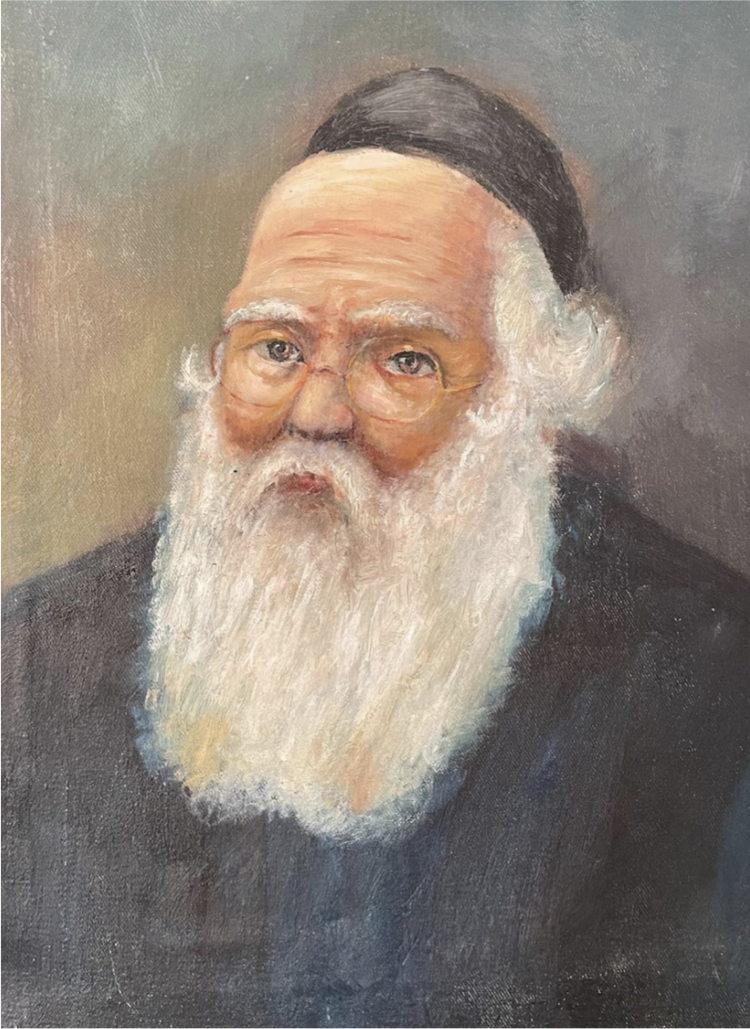

MEET


